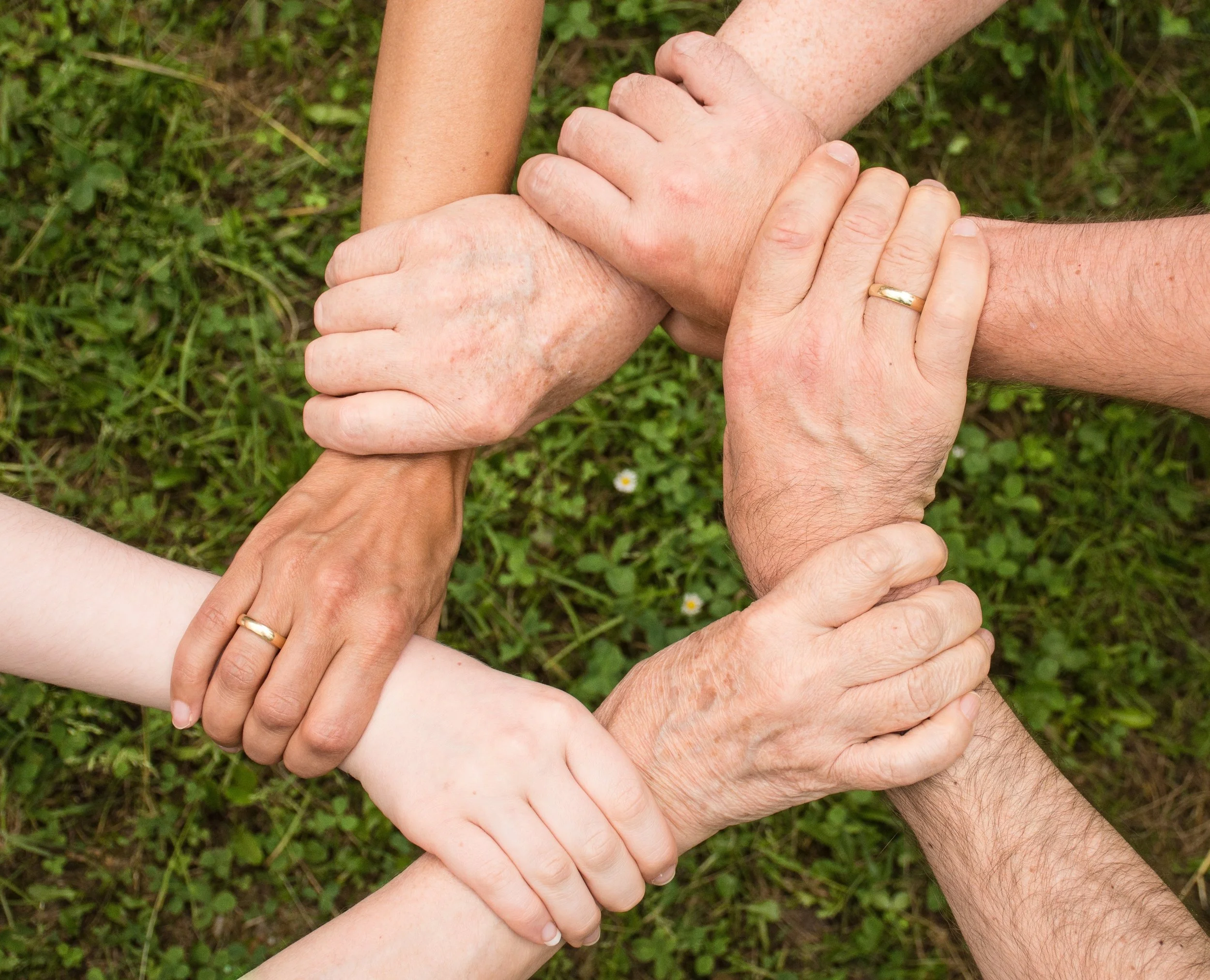Opening Up The Relationship: Moving From Monogamy To Ethical Non-Monogamy
Monogamy – the way many relationships begin and people expect to fall into when they first begin dating. Our history as humans is muddled of whether we began in non-monogamy or monogamy but as time went on, we began to settle into monogamous and exclusive relationships that would offer us safety, security, and connection from one persona and one only.
And that was working for you, it made sense. It worked and you were both happy. Except, now you’re sitting here, reading this because it no longer feels like the best choice for the two of you. You’ve either had this on your mind but haven’t shared or you’ve talked about it already and want to move forward but, aren’t really sure how. Transitions are hard, especially ones that involve welcoming new partners, either sexual, romantic, or both, into your relationship. Fears come in: will my partner meet someone new and not want to be with me anymore because of that? What if my partner enjoys having sex with them more than with me? What if it doesn’t work and I don’t want this anymore but they do?
I like to think of it this way: in monogamy, we turn to our partner to meet all of our needs: to be our passionate lover, our caretaker, trusted confidante, our best friend, the person we have our adventures with, and so on. But how can one person be everything? That’s a lot of pressure. Ethical non-monogamy is the chance for you to have your needs met from multiple people without placing pressure on one person to be your whole world. The best analogy I ever heard was this: we all have needs and needs are like shapes: we need squares, and circles, and triangles, and hexagons to feel fulfilled. Every person can’t have every shapes; with ethical non-monogamy and polyamory, you’re getting your shapes from different people; just because you get your circles from one person doesn’t mean you don’t still enjoy and need the squares that the other person provides.
So the question then falls, how do you navigate this? How will your relationship work? What are the rules? The thing is, there are no set rules of how to open up a relationship because every relationship will need different things and will practice their non-monogamy in different ways. What you may want to consider though are the following:
· Will we date individually or as a couple? This really determines how you two will date but also who you will date as your partner will be both of your partners so you will have to consider your individual relationships with each person as well as the relationship of all the people together.
· Are we dating for the purpose of sex, a relationship, or both? You may decide that opening up your relationship involves sexual relationships with others but not long-term romantic ones, or you may decide that having more than one romantic relationship is the reason why you’d like to open up a relationship. Discuss this together and be on the same page: part of ethical non-monogamy is that there aren’t secrets and lying between partners; deceit is infidelity, regardless if you’re monogamous or non-monogamous.
· How much do we want to know about what our partner is doing? This is a question that I hear most often when couples come to see me to help them navigate this transition: how much detail do I need to know about my partner’s experiences? Do I want to know what exactly they’re doing? Is it a don’t ask, don’t tell situation? Similar to most of this, there isn’t a hard and fast rule for how much is enough but rather something that is discussed. It is also important to be flexible here; you may begin by not wanting to know anything and realize that this lack of knowledge is making you uneasy and you may want to discuss with your partner(s) starting to share some details but what you don’t want to know.
· How will we navigate jealousy? Another big question because jealousy will happen. Open up a relationship doesn’t mean jealousy doesn’t happen, but communication helps to mitigate this. A large part of jealousy is the unknown and fear of what is developing in that relationship and the fear of losing what you have. Expressing jealous feelings is about expressing your fear of abandonment, fear of losing your partner, and turning towards them in a bid to be reassured and soothed, which will overall strengthen the relationship.
Questions will continue to pop up time and time again because as some questions are answered, new ones will appear. Approaching the relationship with curiosity, openness, and most importantly, turning towards your partner to discuss your fears and emotions will make navigating these waters easier.
Still wondering if this is the right decision for your relationship and struggling to figure out how to best approach this for you? Let me help you navigate through the path of monogamy to ethical non-monogamy. Contact me today for a free 15-minute phone consultation and let’s connect.

